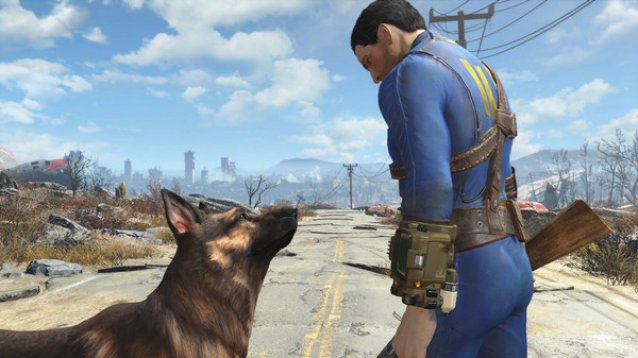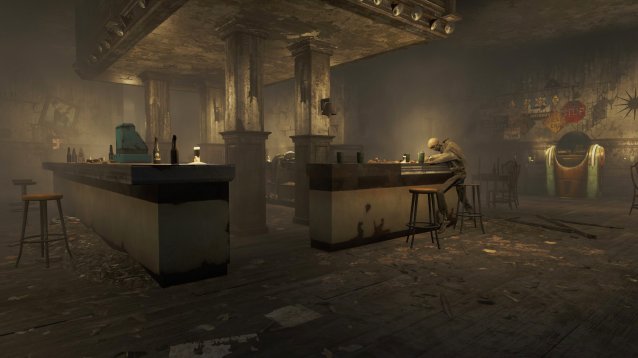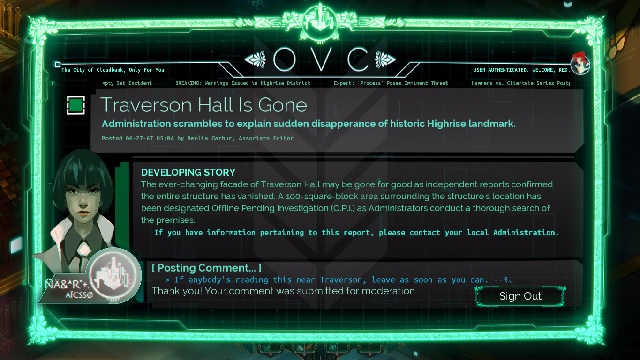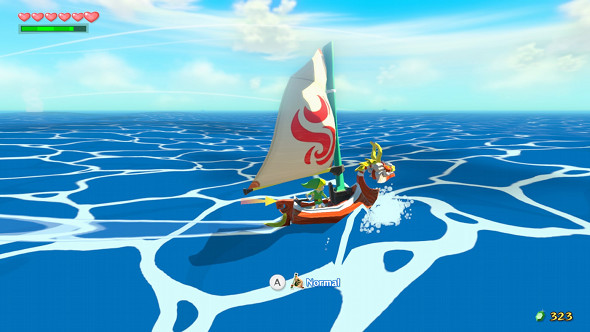


Written by Seb Wuepper
There is a certain trend that’s not limited to gaming in the recent years when it comes to trailers. The PR departments of the game publishers seem to feel the need to fill promotional videos for their upcoming games with as much spectacle as possible, in order to get buzz, hype and as many preorders as there are installed platforms.
Recently, there is even a trend where the first half hour of any upcoming game can be seen on YouTube (or Gametrailers or whichever site pays the most) in advance of the release. Most of the truly astonishing scenes from the past few Metal Gear Solid games could be seen sometimes years in advance in trailers. Of course cutscenes do not make a game, they are easily marketable in trailer form. But the first half hour of a game, the first hour? It’s questionable if and how much that takes away from the overall experience, if games are to be seen as a form of artistic expression.
And that’s where this current “leaked footage” controversy comes in.
It might seem strange that a game series as gargantuan as Call of Duty needs at least one kind of super-controversial level that’s revealed in advance to survive. However in spite of the series’ overwhelming sales, in what can only be attributed to sneaky viral advertising, which sees the most controversial parts of the game leaked a week or two in advance of the release date.

It has happened again. Another controversy-laden scene has leaked a mere week before the release. Just as it happened two years ago when a video of the now infamous “No Russian” mission of Modern Warfare 2 was leaked, conveniently close to the release date, resulting in widespread—and predictable—media coverage, some miffed Russian officials calling for banning the game in Russia, and probably a bump in sales.
If history does repeat itself as Hegel said, then the same can be expected from this recent leak. As I am writing this, it seems Activision officials are hellbent on taking the video off of YouTube, but as any Internet savvy person knows, it’s impossible to put the genie back into the bottle. Also, it seems like not the smartest move to make. If this is in fact leaked footage, then why contain it? It’s free advertising.
Which leads me back to my initial problem: Trailers taking away most of a game’s astonishing scenes for marketing purposes. It’s a problem that games share with movies. The movie industry’s marketing department doesn’t seem to pay any attention to artistic merit when it comes to trailers spoiling important plot details or—just as with games—using the most shocking scenes the movie has to offer for the purpose of advertising. Anyone who sat through the trailer to Roland Emmerich’s ultra disaster extravaganza “2012” by all means doesn’t need to see the actual movie, since the trailer already contained the best scenes of the world going down the shitter.
The trailer to the upcoming indie movie “Chronicle” takes the cake though. This is less of a trailer, but more like the whole movie condensed into two minutes.
However, there are marketing departments out there worth their money. The trailer for Angelina Jolie’s spy flick “Salt” was brilliantly done. It teased, it showed some action, yet some important parts were left out, so the trailer does indeed not tell the entire damn plot in advance.
In general, trailerisation is a troubling trend. Games as a form of artistic expression suffer slightly less from it than movies do. However, games have a related problem, which is a certain form of oversaturation. This year saw a deluge of behind the scenes trailers and advance analysis of gameplay and levels for id Software’s Rage and Eidos Montreal’s Deus Ex: Human Revolution. Watching each and every one of the trailers to these highly anticipated games, a customer could probably really get too much. At some point there are just too many trailers, even if it is indeed a problem of any given marketing department to keep a title in the news for as long as possible, keeping the buzz up before release.
At the end of the day, what a perfect trailer should do is build anticipation, create buzz and feed the hype without taking too much–ideally without taking anything–away from the actual experience. It is not an impossible task, it has been done before many times actually. It just seems that in the current climate, marketers are deadlocked in a race to outbid one another with giving the consumer as much of the actual product as possible in advance for free, so there are no surprises left once the purchase is made. And if games and movies are to be considered a form of artistic expression, that can never be a good thing.




 Fallout 4 Guide: Cooking and Chemistry
Fallout 4 Guide: Cooking and Chemistry Download the New MakeUseOf App for Your iPhone
Download the New MakeUseOf App for Your iPhone Stylish, Somber, Satisfying: Transistor Is Action RPG Bliss
Stylish, Somber, Satisfying: Transistor Is Action RPG Bliss Do You Really Need That New PS4 Or Xbox One? 5 Reasons To Choose The Wii U
Do You Really Need That New PS4 Or Xbox One? 5 Reasons To Choose The Wii U Top 10 Best iPad 2 Games
Top 10 Best iPad 2 Games